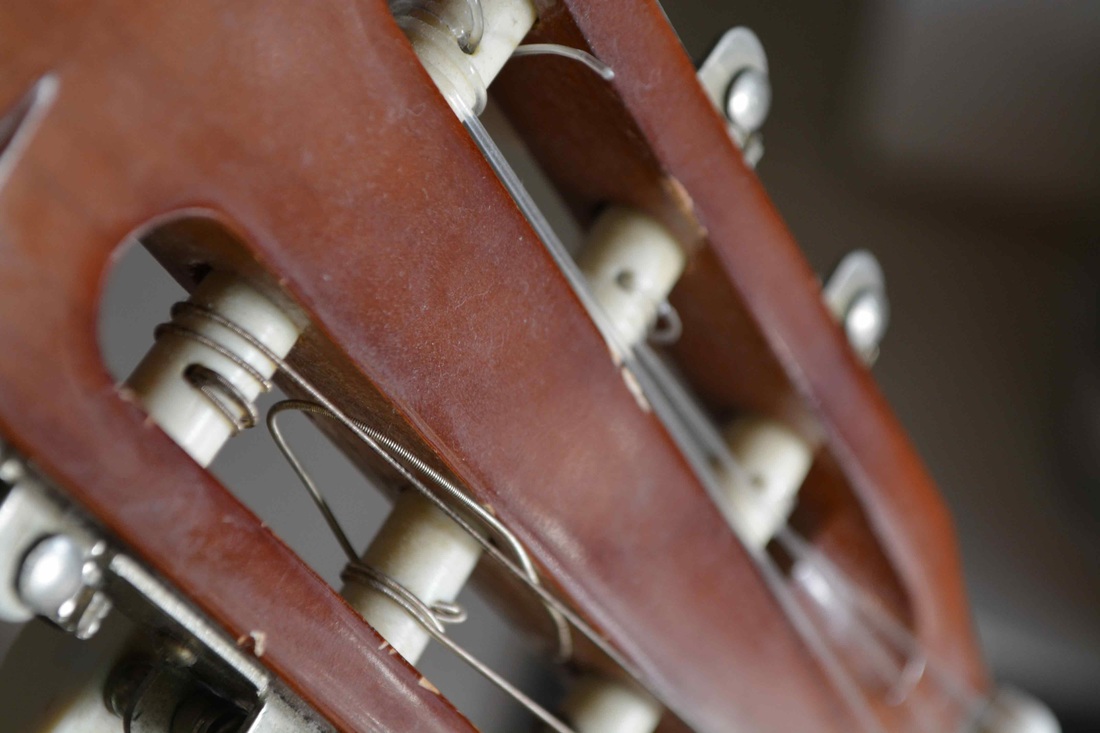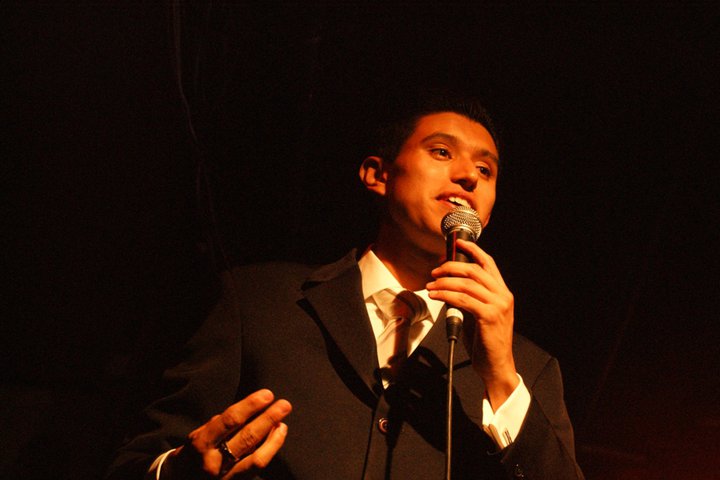Now that you are aware of what effective practice actually is, it’s time to move onto the finer details. Remember, practice is a continual habit and over a lifetime you may waste countless hours and even days of your life if your routine is under par. Here are 3 tips to ensure that your practice is effective and time efficient.
Tip #1 – Be Time Conscious
Time is the most precious commodity we possess. Hence, it is a good idea to waste as little of it as possible, especially during practice sessions. So before you commence your next session, start by placing a clock within eyesight of your instrument. The reason for this is that you should segment your session to target specific areas which need strengthening. A good start would be 1/3 of your practice on technique, 1/3 on theory and sight reading, and the final 3rd on Repertoire. You are free to mic this up if you wish, however set a regular time goal per session and stick to the 1/3 rule. This will ensure you devote enough time to each of the essentials: theory, sight reading, technique and repertoire. Without a reference for time, you may find yourself straying into other areas, or spending too much time on a specific area. Maintaining a constant and organised routine will maximise your results over a considerable amount of time.
Tip #2 – Avoid Distractions
Life is always full of distractions, and this is especially true when you are trying to accomplish something important such as music practice. Murphy ’s Law will always kick in and ensure that your phone goes off, your holiday photo gets commented on; or the family interrupts with an urgent situation right when you are getting ready to start. To avoid this you should put aside all distractions and make your mind up to devote the following time to yourself, because you are seeking self-improvement and this important moment is for you alone. So turn off your mobile phone, stop checking social media, ignore all emails, calls; and close your door so that exterior noise will not cause you to lose focus. If your mind is concentrated on the task at hand, so will your other senses, and this is especially important for music which activated both hemispheres of the brain and demands high levels of dexterity as well as fine motor skills. Pick a time of the day that is relaxing for you and free from distractions or other responsibilities.
Tip #2 – Keep Track
Music practice is a never ending journey of enjoyment and personal growth. However how can you accurately measure your growth or progress without any tangible parameters? Just like when you were little, you used to constantly check in the mirror waiting to see some new hair, or measuring yourself against the door post and comparing to last year’s growth measurements; your growth as a musician should be regularly measured. The best way to do this is to keep accurate track of where you are and where you are heading towards. As a general rule of thumb, buy yourself a quality notebook and start by putting the date, time and length of each practice session. Write some brief notes on what you practices, how hard you found it and what you were able to achieve in that session. Include names of songs, specific technical exercises and bar references so you know exactly what you are talking about. If this record is kept accurately and constantly, you will then be able to look back and see where you were 6 weeks ago, 6 months ago, and even 6 years ago. Countless milestones will be surpassed within these time frames and keeping an account of when these achievements were reached is of the upmost importance. You can also utilise this data to streamline and modify your practice, correct issues, and even identify useful habits.
Above all, never despair, give up or abandon your practice. Spending time to develop yourself as a person for intrinsic purposes is one of the very few things in life you will ever truly give yourself. Sure money, clothes, food, technology, holidays and possessions are memorable, however they do not last and are eventually forgotten, sold or even lost. However knowledge, skill and ability is something which is part of you, and as long as you continue your practice it can never be forgotten, sold or lost!
© 2016 Cristian Contreras.
www.ContrerasMusic.Com
Tip #1 – Be Time Conscious
Time is the most precious commodity we possess. Hence, it is a good idea to waste as little of it as possible, especially during practice sessions. So before you commence your next session, start by placing a clock within eyesight of your instrument. The reason for this is that you should segment your session to target specific areas which need strengthening. A good start would be 1/3 of your practice on technique, 1/3 on theory and sight reading, and the final 3rd on Repertoire. You are free to mic this up if you wish, however set a regular time goal per session and stick to the 1/3 rule. This will ensure you devote enough time to each of the essentials: theory, sight reading, technique and repertoire. Without a reference for time, you may find yourself straying into other areas, or spending too much time on a specific area. Maintaining a constant and organised routine will maximise your results over a considerable amount of time.
Tip #2 – Avoid Distractions
Life is always full of distractions, and this is especially true when you are trying to accomplish something important such as music practice. Murphy ’s Law will always kick in and ensure that your phone goes off, your holiday photo gets commented on; or the family interrupts with an urgent situation right when you are getting ready to start. To avoid this you should put aside all distractions and make your mind up to devote the following time to yourself, because you are seeking self-improvement and this important moment is for you alone. So turn off your mobile phone, stop checking social media, ignore all emails, calls; and close your door so that exterior noise will not cause you to lose focus. If your mind is concentrated on the task at hand, so will your other senses, and this is especially important for music which activated both hemispheres of the brain and demands high levels of dexterity as well as fine motor skills. Pick a time of the day that is relaxing for you and free from distractions or other responsibilities.
Tip #2 – Keep Track
Music practice is a never ending journey of enjoyment and personal growth. However how can you accurately measure your growth or progress without any tangible parameters? Just like when you were little, you used to constantly check in the mirror waiting to see some new hair, or measuring yourself against the door post and comparing to last year’s growth measurements; your growth as a musician should be regularly measured. The best way to do this is to keep accurate track of where you are and where you are heading towards. As a general rule of thumb, buy yourself a quality notebook and start by putting the date, time and length of each practice session. Write some brief notes on what you practices, how hard you found it and what you were able to achieve in that session. Include names of songs, specific technical exercises and bar references so you know exactly what you are talking about. If this record is kept accurately and constantly, you will then be able to look back and see where you were 6 weeks ago, 6 months ago, and even 6 years ago. Countless milestones will be surpassed within these time frames and keeping an account of when these achievements were reached is of the upmost importance. You can also utilise this data to streamline and modify your practice, correct issues, and even identify useful habits.
Above all, never despair, give up or abandon your practice. Spending time to develop yourself as a person for intrinsic purposes is one of the very few things in life you will ever truly give yourself. Sure money, clothes, food, technology, holidays and possessions are memorable, however they do not last and are eventually forgotten, sold or even lost. However knowledge, skill and ability is something which is part of you, and as long as you continue your practice it can never be forgotten, sold or lost!
© 2016 Cristian Contreras.
www.ContrerasMusic.Com


 RSS Feed
RSS Feed
